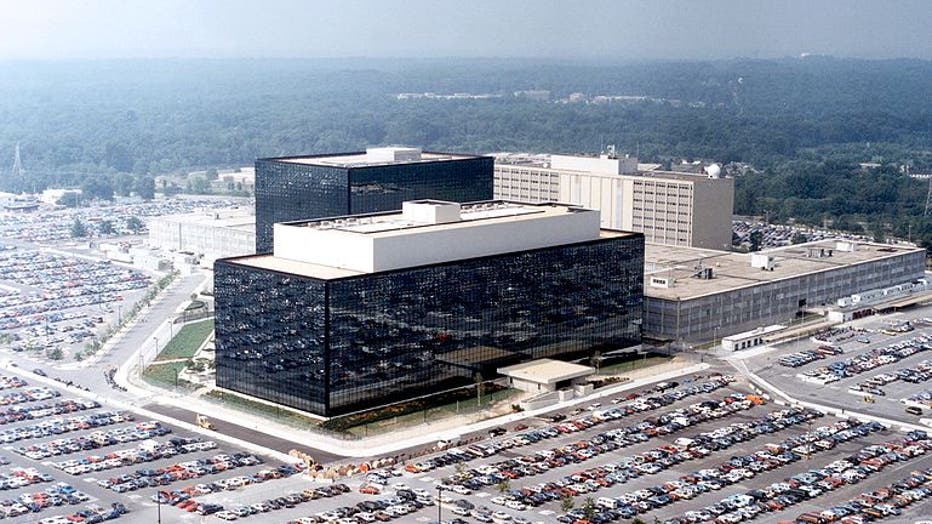Public gets first look at once-secret court order on NSA surveillance
By Ken Dilanian, Los Angeles Times
WASHINGTON -- The public got its first look at the secret court order that authorized the government’s vast collection of records of domestic telephone calls as the Obama administration moved Wednesday to try to boost public confidence in the National Security Agency’s program.
The order from the Foreign Intelligence Surveillance Court lays out the rules under which the program operates, mirroring the descriptions that U.S. officials have given in the weeks since the program was disclosed by former NSA contractor Edward Snowden. The order stipulates that a small number of analysts and supervisors are authorized to access the records for the limited purpose of matching them against phone numbers linked to terrorism.

Photo courtesy of Wikipedia
Also disclosed were two letters to Congress, in 2009 and 2011, explaining that the government was using the Patriot Act and other provisions to justify bulk collection of U.S. phone records and, until 2011, email “to and from” information.
But while the safeguards contained in the order may address some public concerns about the program’s costs, U.S. intelligence officials continued to have difficulty convincing members of Congress about its benefits.
Under questioning at the Senate Judiciary Committee, officials remained unable to come up with more than one relatively minor terrorism-financing case in which the phone records had proved instrumental.
The committee’s chairman, Sen. Patrick Leahy (D-Vt.), said the Obama administration had failed to convince lawmakers or the public that the collection of U.S. phone records is a crucial tool.
“It's been far too difficult to get a straight answer about the effectiveness” of the program, Leahy said. “I think the patience of the American people is beginning to wear thin, but what has to be of more concern in a democracy is the trust of the American people is wearing thin.”
Asked how many terrorism cases were cracked using U.S. phone records, John “Chris” Inglis, NSA’s deputy director, answered that a dozen domestic terrorism investigations had made use of the records. But Inglis could cite only one in which the records were instrumental: a group of men from San Diego who sent $8,500 to Al Qaeda-linked militants in Somalia.
Document: NSA surveillance disclosed
One of the defendants in that case was discovered when a known terrorist phone number in Somalia was compared against the database, Inglis said.
Leahy questioned whether that record met the balancing test between privacy and security.
“We could have more security if we strip-searched everybody that came into every building in America,” he said. “We're not going to do that. We have more security if we close our borders completely to everybody; we're not going to do that. If we put a wiretap on everybody's cellphone in America, if we search everybody's home. But there are certain areas of our own privacy that we Americans expect, and at some point, you have to know where the balance is.”

